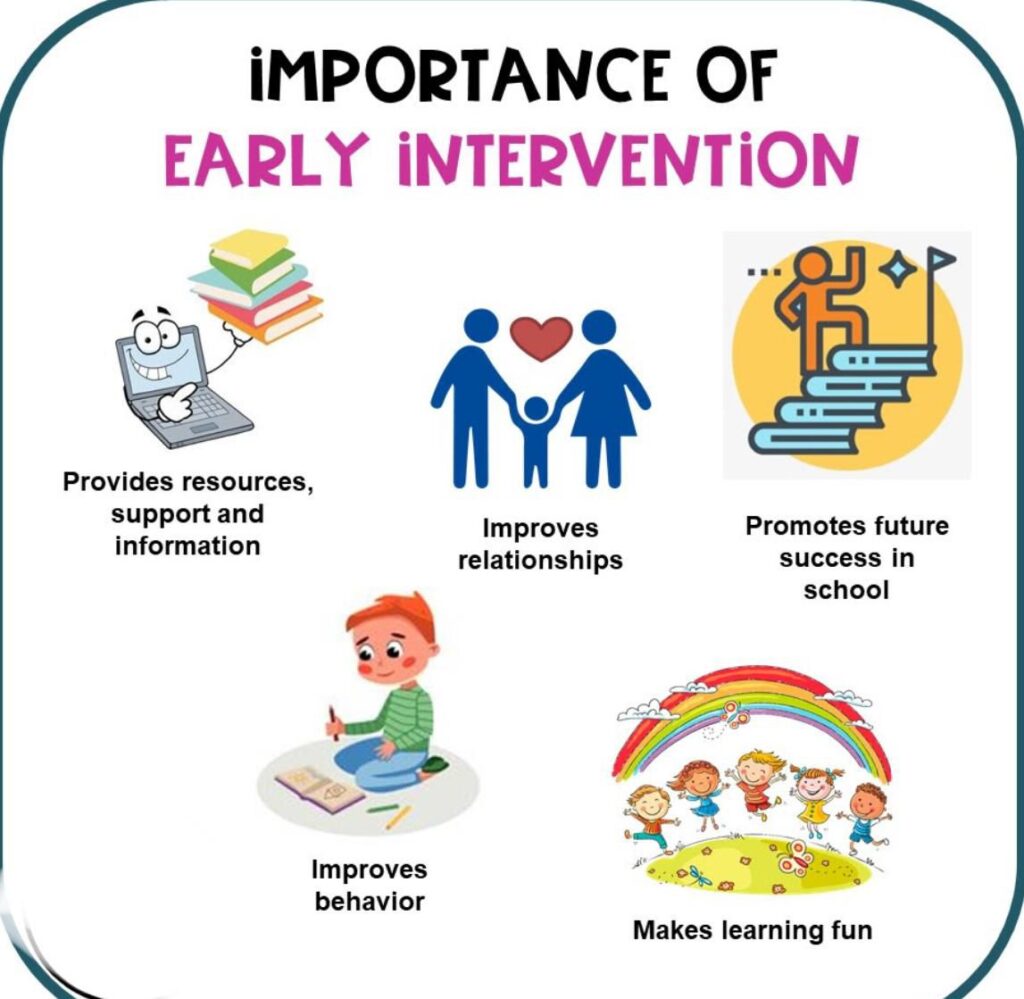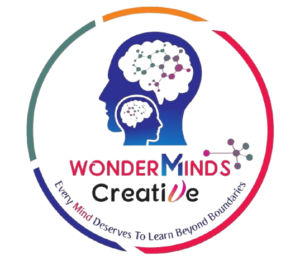Service Details

Early Intervention Plan: An Overview
What is it?
An Early Intervention Plan (EIP) is a structured, individualized program designed to support young children who show signs of developmental delays or disabilities. It involves targeted strategies and therapies aimed at addressing these challenges as early as possible, typically for children from birth to age three. The plan is created in collaboration with parents, caregivers, and professionals, and it is tailored to the specific needs of the child.
Why is it made?
The primary purpose of an Early Intervention Plan is to provide timely support to children who are at risk of developmental delays. By identifying and addressing issues early, the plan aims to minimize the impact of these challenges on the child’s overall development. Early intervention is crucial because the first few years of life are a critical period for brain development, and timely support can significantly improve outcomes.
For whom is it Planned ?
An Early Intervention Plan is for children from birth to age three who show signs of developmental delays in areas such as speech and language, motor skills, cognitive abilities, social-emotional development, or adaptive behavior. It is also designed for children diagnosed with conditions that are likely to result in developmental delays, such as Down syndrome, cerebral palsy, or autism spectrum disorder (ASD).
What is the objective of this?
The objective of an Early Intervention Plan is to:
Promote optimal development: Enhance the child’s developmental progress in key areas like communication, motor skills, cognitive abilities, and social-emotional skills.
Support families: Provide parents and caregivers with the tools, resources, and strategies needed to support their child’s development at home and in everyday situations.
Facilitate integration: Help children develop the skills necessary to participate fully in family, community, and educational settings.
Prepare for the future: Set the foundation for the child’s continued success in preschool and beyond, improving long-term outcomes.
How does it help?
An Early Intervention Plan helps by:
Improving developmental outcomes: Early and targeted support can significantly enhance a child’s abilities, reducing the need for more intensive interventions later.
Building confidence and independence :
By addressing delays early, children can develop essential skills that foster greater independence and self-confidence.
Reducing the impact of disabilities:
Early intervention can mitigate the effects of developmental delays or disabilities, helping children reach their full potential.
Empowering families:
It equips parents and caregivers with knowledge and strategies to effectively support their child’s growth and development, creating a more supportive and informed home environment.
In summary, an Early Intervention Plan is a proactive approach designed to give children with developmental delays the best possible start in life, ensuring they have the tools and support needed to thrive.
Frequently Asked Question
We offer a wide range of therapies, including occupational therapy, speech therapy, behavioral therapy, and sensory integration therapy.
If your child is showing delays in developmental milestones, difficulties in communication, or behavioral challenges, a consultation can help determine if therapy is beneficial.
The first session typically involves an assessment to understand your child's needs, followed by setting goals and creating a personalized treatment plan.
The duration of therapy varies depending on the child's individual needs and progress, and will be regularly reviewed by the therapist.
Yes, we provide regular progress reports to keep you informed about your child's development and the effectiveness of the therapy.
We offer guidance and activities for parents to reinforce therapy goals at home, ensuring consistent progress.
While it’s not always required, parental involvement is encouraged as it can enhance the therapy’s effectiveness and support the child’s development.
We offer both one-on-one and group sessions, depending on what is most appropriate for the child’s needs.
Our therapists are well qualified professionals with specialized training and experience in their respective fields.
Coverage varies by insurance provider, and we can assist you in understanding your benefits and how they apply to our services.
